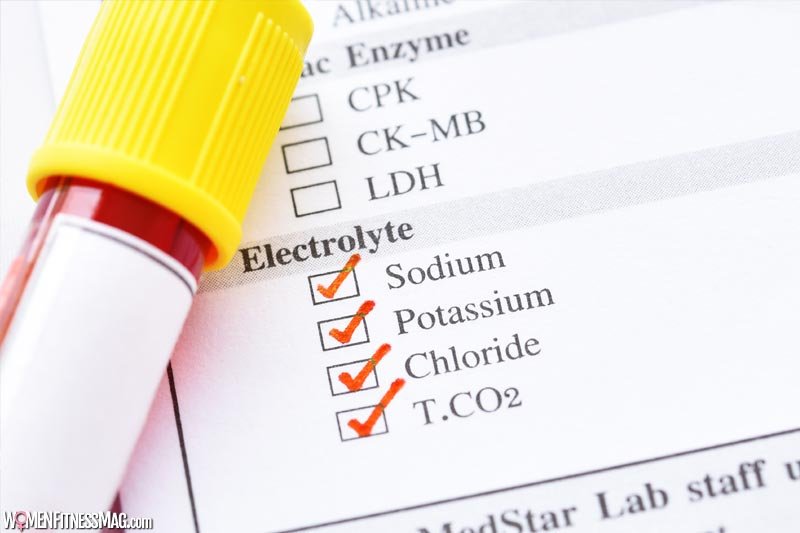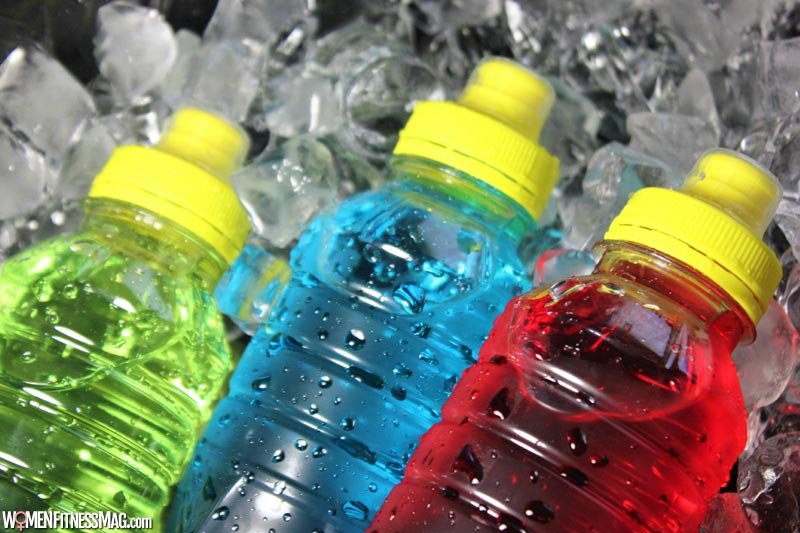What You Need To Know About Electrolytes : The body’s main electrolytes include magnesium, sodium, calcium, and chloride. These are also known as minerals that dissolve in water. After this dissolution, the minerals are then separated into positive and negative ions, as the electrolytes are distributed all over the body.
Maintaining your body’s supply of electrolytes is very important so it can keep up the different functions across the body’s systems. Without electrolytes, your body ceases to function well, and that’s when sickness or diseases may start to kick in your body. In extreme cases, organ function may cease and thereby also result in death.
In this article, you’ll come across everything you need to know about electrolytes.
The Purpose Of Electrolytes In The Body
For the human body to function as it should, it needs to have a good and steady supply of electrolytes. It’s responsible for functions like:
- Helping build new tissue;
- Regulating the fluid levels in your blood plasma;
- Improving blood clotting time and ability;
- Keeping the pH level of your blood in the normal range;
- Enabling muscle contractions.
The Benefits Of Electrolyte Drinks
When the body’s electrolyte supply is lower than usual, that’s when you’ll have to supplement through electrolyte drinks and natural electrolyte sources. These come in a variety of forms, like tablets dropped into the water, liquid or juice-like beverages, and powders that you mix with water.
Supplementing your body’s electrolyte supply with electrolyte drinks is a matter best discussed with your physician. Always read the label first, as not all electrolyte drinks are created equally. The amount of electrolyte you’ll also need depends on your need and lifestyle.
On average, an 8-ounce electrolyte drink will have 14 grams of sugar, 100 milligrams of sodium, and 30 milligrams of potassium. For athletes who sweat profusely, you’ll need an extra supplement for calcium and magnesium.
The Functions Of Electrolytes (Ions)

The main electrolytes of the body along with their respective functions include:
- Sodium Ions. These are responsible for regulating the osmotic pressure and the body’s water content to contract muscles and transmit nerve signals.
- Chloride Ions. These regulate the body’s osmotic pressure and water content.
- Potassium Ions. These work to transmit the nerve signals and contract muscles in the body.
- Calcium Ions. These are responsible for transmitting nerve signals, blood clotting, and contracting muscles including your bones and teeth.
- Magnesium Ions. These are needed to activate the body’s enzymes, contract muscles, and form the bones and teeth.
The Tests To Identify Electrolyte Problems
Once you feel you have symptoms of electrolyte problems, it’s a must to see a doctor. Never self-medicate, else you might not be addressing your electrolyte problem from the core. As you visit your doctor, you’ll be asked to submit to various laboratory tests to detect electrolyte problems.
These tests include:
- Basic Metabolic Panel. This test checks different processes of your body and shows data in relation to:
- BUN (blood urea nitrogen). This shows how your kidneys are functioning. If you lack electrolytes, it can also suggest dehydration.
- Blood sugar. The body’s blood sugar levels can determine diseases like diabetes or prediabetes if you’re fasting.
- Comprehensive Metabolic Panel. This test is a more comprehensive one than the basic metabolic panel, with more data gathered. Those additional items include:
- Calcium levels;
- Aspartate aminotransferase (AST) and alanine aminotransferase (ALT) enzyme levels;
- Albumin levels.
- Electrolyte Panel. This is a broad test to analyze the body’s electrolytes like sodium, bicarbonate, chloride and potassium. More specific tests to determine enzyme problems include:
- Aldosterone blood test, to look for a specific hormone produced by the kidneys, used to indicate a wide variety of electrolyte problems;
- Urine osmolality test, a test which checks the body’s fluid balance, especially once you experience changes in your urination frequency;
- Aldosterone 24-hour urine test, looks for aldosterone using a variety of urine samples collected over a 24-hour duration;
- Blood osmolality test, a test used to measure levels of specific substances in your body when you’re suspected of poisoning, dehydration, or overhydration;
- Anion gap blood test, which compares the specific levels of electrolytes to see any difference in the body’s positive and negative ions, which can also be a determinant of certain conditions.
The Symptoms Of Electrolyte Imbalance
Electrolytes are normally lost by the body during exercise. The longer and more strenuous your exercise is, the higher the levels of electrolytes lost. These can be replenished with fluid intake.
However, there are instances when electrolyte imbalance may occur due to sickness or disease. The symptoms can include:
- Headache;
- Muscle weakness or cramps;
- Fatigue;
- Changes in urination habits.
Conclusion
Electrolytes don’t make your body function and run effectively, all on its own. After all, the body is a network of parts and systems that have to work together for it to run smoothly. A good supply of electrolytes in your body is key to making it run smoothly. Your body needs to have a sufficient electrolyte supply so the optimum performance of your organs and systems is achieved.
Related Videos about What You Need To Know About Electrolytes :
What Do Electrolytes Actually Do?
Electrolytes – What Are Electrolytes – Functions Of Electrolytes
Why You Need Electrolytes – Can It Help With Getting Stronger?
Fluid and Electrolytes | Foods with Electrolytes
Electrolyte Imbalances: Signs, Symptoms and How to Correct
What You Need To Know About Electrolytes
list of electrolytes, electrolytes function, electrolyte imbalance symptoms, electrolyte deficiency, electrolytes food, electrolyte test at home, what happens when your body is low on electrolytes, what are electrolytes in the body,




